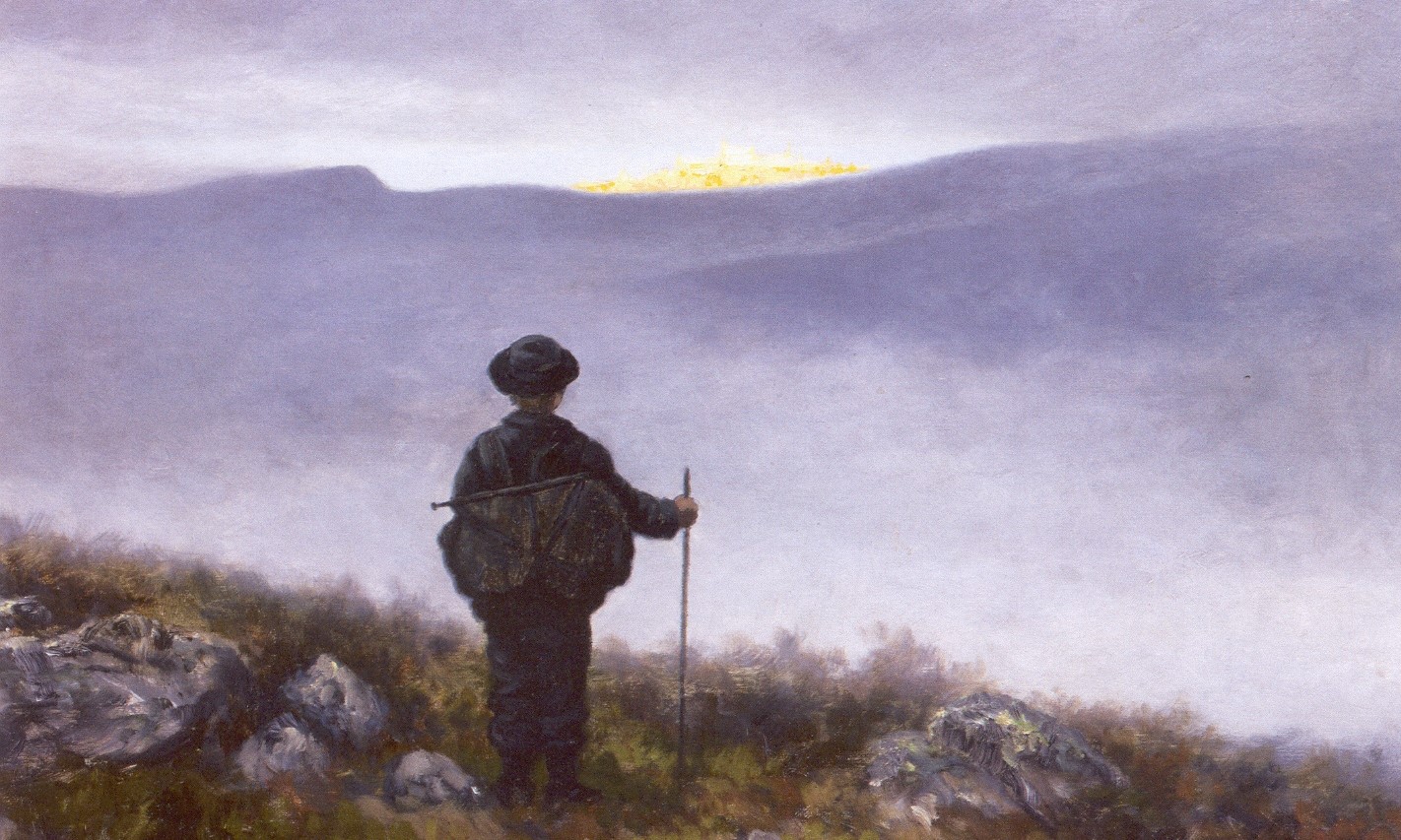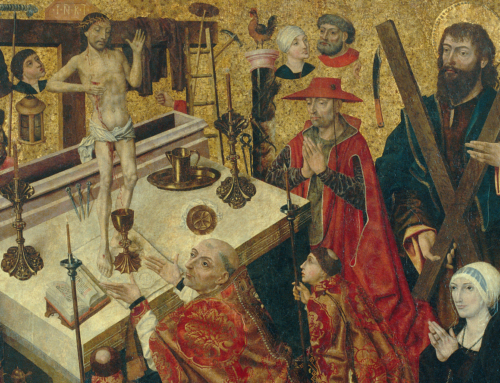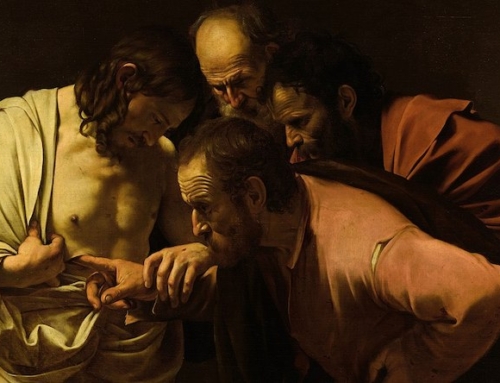Chaos.
In the last week the coronavirus pandemic has created a spirit of chaos here in the States, as it had already in Europe. The spread of COVID-19 has suddenly halted our daily rhythms and routines. It has compromised our work and our play (farewell, March Madness. I’ll miss you). It’s a surreal situation.
Because it is something totally new and unknown, we’re left feeling uncertain. Uncertainty produces confusion. Confusion in turn leads to panic. And panic begets chaos.
Chaos of course means a lack of unity, harmony, and proper order where these could—and should—be present. Since we are rational creatures, order is something attractive, something in which we delight and find our peace. When it is absent, it can leave us feeling, well, less human. We behave less rationally (hence the panic). It’s a precarious situation to be in.
It is not just a spirit of chaos in general we’re dealing with; the pandemic seems to be leading to spiritual chaos in particular. For instance, one of the world’s most popular pornographic websites has decided to offer their “premium service” free of charge to Italians through the month of March, in order to “ease coronavirus pains” in that country, as a New York Post headline put it. As if killing the soul can help the body!
As long as the virus continues to spread, so too will it cause spiritual chaos. And yet, despite all the uncertainty and fear, despite the darkness, this remains true: God can bring order out of chaos.
A desire for order in our life can create a desire for the Source of all order. This year as an assistant chaplain at Providence College I have been helping with the RCIA program, which has close to forty students preparing to receive their sacraments next month. Last Wednesday evening, when it was announced that in-person classes were being suspended until after Easter, I had students reaching out to me within minutes. “What are we going to do for RCIA?” they asked. “I want to make my First Communion!!!” one exclaimed. They were already looking forward to this great occasion. But now they have a new longing. The threat of potentially losing what they desire makes them desire it all the more. Another young Catholic wrote to me and said, “I so took for granted having so many daily Masses nearby, so much Adoration. Never again.” With distance comes desire, and much deeper appreciation.
It is possible to praise God in the midst of suffering, to trust in him and find hope amidst the hopelessness. “Once the faintest stirring of hope became possible,” observes the narrator in Albert Camus’ novel The Plague, “the dominion of the plague was ended.”
Where there is desire for God, everything else will follow—in due time, in good order. Lord, may this hour of darkness increase our desire for you. Have mercy on us, and reveal to us your salvation.
✠
Image: Theodor Kittelsen, Soria Moria







